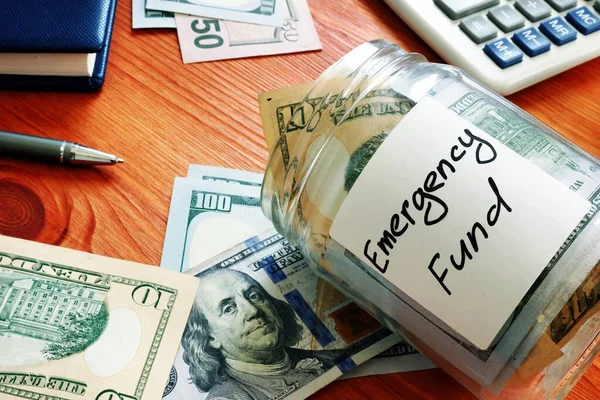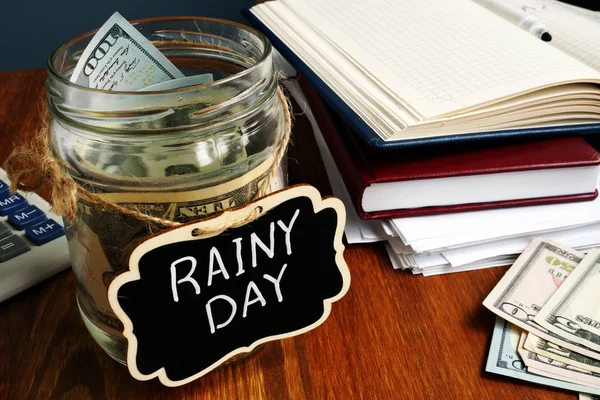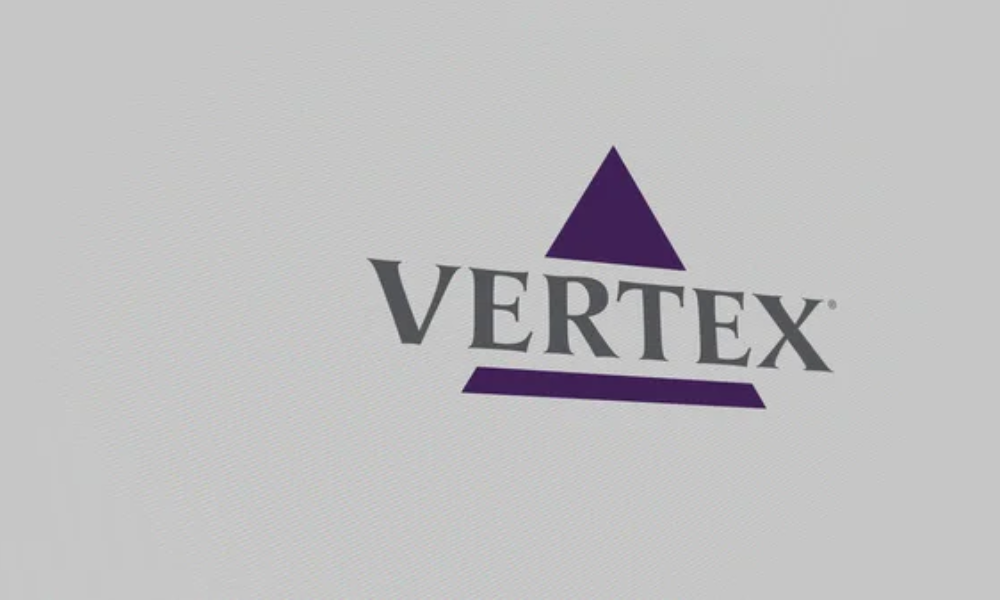In today’s uncertain world, financial stability is more crucial than ever. One of the most fundamental steps towards achieving this stability is establishing an emergency fund. Despite the importance of having a financial safety net, many people still neglect to save for unexpected expenses.
This article delves into why an emergency fund is an essential part of a healthy financial plan.
Understanding an Emergency Fund

What is an Emergency Fund?
An emergency fund is a reserve of money set aside to cover unforeseen expenses or financial emergencies. These can include medical emergencies, car repairs, home maintenance, or sudden job loss. The primary purpose of this fund is to ensure that you have access to cash when you need it most, without having to rely on credit cards or loans.
How Much Should You Save?
Financial experts generally recommend saving three to six months’ worth of living expenses in an emergency fund. This amount provides a sufficient buffer to cover most emergencies. However, the exact amount can vary depending on individual circumstances such as job stability, income, and family size.
The Importance of an Emergency Fund
Financial Security
An emergency fund provides a financial cushion that helps you manage unexpected expenses without derailing your long-term financial goals. Having this safety net can prevent you from going into debt or having to sell investments at a loss to cover emergency costs.
Dave Ramsey, a well-known personal finance expert, emphasizes the importance of an emergency fund in his “7 Baby Steps” plan. According to Ramsey, the first step towards financial peace is to save $1,000 as a starter emergency fund, followed by paying off debt and then building a full emergency fund of three to six months of expenses.
Stress Reduction
Financial stress is a common issue that affects mental health and overall well-being. According to a study by the American Psychological Association, money is a significant source of stress for many Americans.
An emergency fund can alleviate this stress by providing a sense of security and peace of mind. Knowing that you have funds set aside for emergencies can reduce anxiety and improve your mental health.
Avoiding High-Interest Debt
Without an emergency fund, people often turn to credit cards or personal loans to cover unexpected expenses. These options can lead to high-interest debt, which can be difficult to pay off and can compound over time, worsening your financial situation.
An emergency fund helps you avoid this debt trap by providing the necessary funds upfront.
Real-Life Examples
Imagine you lose your job unexpectedly. Without an emergency fund, you might struggle to pay bills, cover rent or mortgage payments, and buy groceries. With an emergency fund, you have a financial buffer that allows you to focus on finding a new job without the immediate pressure of meeting daily expenses.
Financial advisor Suze Orman underscores the importance of an emergency fund in such scenarios. She advises saving at least eight months of living expenses, especially for those in more volatile industries, to ensure you have adequate time to find a new job without financial strain.
Medical Emergencies
Medical emergencies can be expensive, even with insurance. Co-pays, deductibles, and treatments not covered by insurance can add up quickly. An emergency fund can help cover these costs without impacting your ability to meet other financial obligations.
Home and Car Repairs
Unexpected home repairs, like a leaking roof or a broken furnace, can be costly. Similarly, car repairs can be sudden and expensive. An emergency fund ensures that you can address these issues promptly without having to compromise on other financial commitments.
Building Your Emergency Fund

Building an emergency fund doesn’t happen overnight. Start by setting small, achievable savings goals. For example, aim to save $500 in the next three months. Once you reach this goal, set a new target. Consistency is key; even small, regular contributions can add up over time.
Automate Your Savings
Automating your savings is an effective way to build your emergency fund. Set up a direct deposit from your paycheck into a separate savings account designated for emergencies. This way, you won’t be tempted to spend the money, and your savings will grow steadily.
Prioritize Your Emergency Fund
Make building your emergency fund a financial priority. This might mean cutting back on non-essential expenses or finding ways to increase your income, such as taking on a side job or selling unused items. The sacrifices made now will pay off in the long run by providing financial security and peace of mind.
An Emergency Fund is Vital
An emergency fund is a vital component of financial health. It provides a safety net for unexpected expenses, reduces financial stress, and helps you avoid high-interest debt. By understanding the importance of an emergency fund and taking steps to build one, you can ensure greater financial stability and peace of mind.
Remember, it’s not just about how much you save, but the consistency and commitment to building your financial safety net that will ultimately make the difference.
DISCLAIMER
You should read and understand this disclaimer in its entirety before joining or viewing the website or email/blog list of SmallCapStocks.com (the “Publisher”). The information (collectively the “Advertisement”) disseminated by email, text or other method by the Publisher including this publication is a paid commercial advertisement and should not be relied upon for making an investment decision or any other purpose. The Publisher is engaged in the business of marketing and advertising the securities of publicly traded companies in exchange for compensation. The track record, gains, upside, and/or losses mentioned in the Advertisement, if any, should not be considered as true or accurate or be the basis for an investment. The Publisher does not verify the accuracy or completeness of any information included in the Advertisement. While the Publisher does not charge for the SMS service, standard carrier message and data rates may apply. To unsubscribe from receiving promotional text messages to your phone sent via an autodialer, using your phone reply to the sender’s phone number with the word STOP or HELP for help.
The Advertisement is not a solicitation or recommendation to buy securities of the advertised company. An offer to buy or sell securities can be made only by a disclosure document that complies with applicable securities laws and only in the states or other jurisdictions in which the security is eligible for sale. The Advertisement is not a disclosure document. The Advertisement is only a favorable snapshot of unverified information about the advertised company. An investor considering purchasing the securities, should always do so only with the assistance of his legal, tax and investment advisors. Investors should review with his or her investment advisor, tax advisor or attorney, if and to the extent available, any information concerning a potential investment at the web sites of the U.S. Securities and Exchange Commission (the "SEC") at www.sec.gov; the Financial Industry Regulatory Authority (the "FINRA") at www.FINRA.org, and relevant State Securities Administrator website and the OTC Markets website at www.otcmarkets.com. The Publisher cautions investors to read the SEC advisory to investors concerning Internet Stock Fraud at www.sec.gov/consumer/cyberfr.htm, as well as related information published by the FINRA on how to invest carefully. Investors are responsible for verifying all information in the Advertisement. As an advertiser, we do not verify any information we publish. The Advertisement should not be considered true or complete.
The Publisher does not offer investment advice or analysis, and the Publisher further urges you to consult your own independent tax, business, financial and investment advisors concerning any investment you make in securities particularly those quoted on the OTC Markets. Investing in securities is highly speculative and carries an extremely high degree of risk. You could lose your entire investment if you invest in any company mentioned in the Advertisement. You acknowledge that we are not an investment advisory service, a broker-dealer or an investment adviser and we are not qualified to act as such. You acknowledge that you will consult with your own independent, tax, financial and/or legal advisers regarding any decisions as to any company mentioned here. We have not determined if the Advertisement is accurate, correct or truthful. The Advertisement is compiled from publicly available information, which include, but are not limited to, no cost online research, magazines, newspapers, reports filed with the SEC or information furnished by way of press releases. Because all information relied upon by us in preparing an advertisement about an issuer comes from a public source, it is not reliable, and you should not assume it is accurate or complete.
By your subscription to our profiles, the viewing of this profile and/or use of our website, you have agreed and acknowledged the terms of our full disclaimer and privacy policy which can be viewed at the following link: www.SmallCapStocks.com/Disclaimer and www.SmallCapStocks.com/Privacy-Policy
By accepting the Advertisement, you agree and acknowledge that any hyperlinks to the website of (1) a client company, (2) the party issuing or preparing the information for the company, or (3) other information contained in the Advertisement is provided only for your reference and convenience. The advertiser is not responsible for the accuracy or reliability of these external sites, nor is it responsible for the content, opinions, products or other materials on external sites or information sources. If you use, act upon or make decisions in reliance on information contained in any disseminated report/release or any hyperlink, you do so at your own risk and agree to hold us, our officers, directors, shareholders, affiliates and agents harmless. You acknowledge that you are not relying on the Publisher, and we are not liable for, any actions taken by you based on any information contained in any disseminated email or hyperlink.












